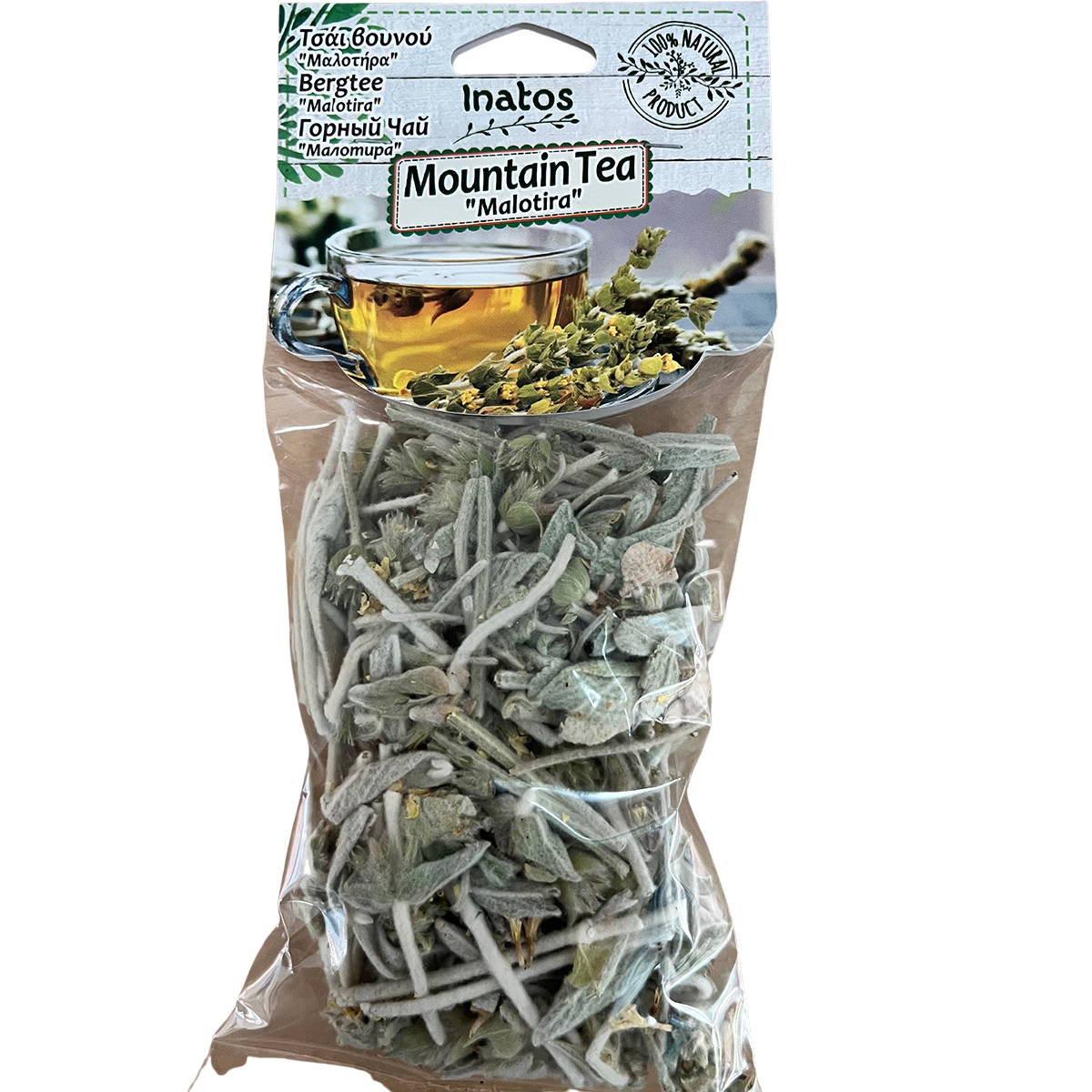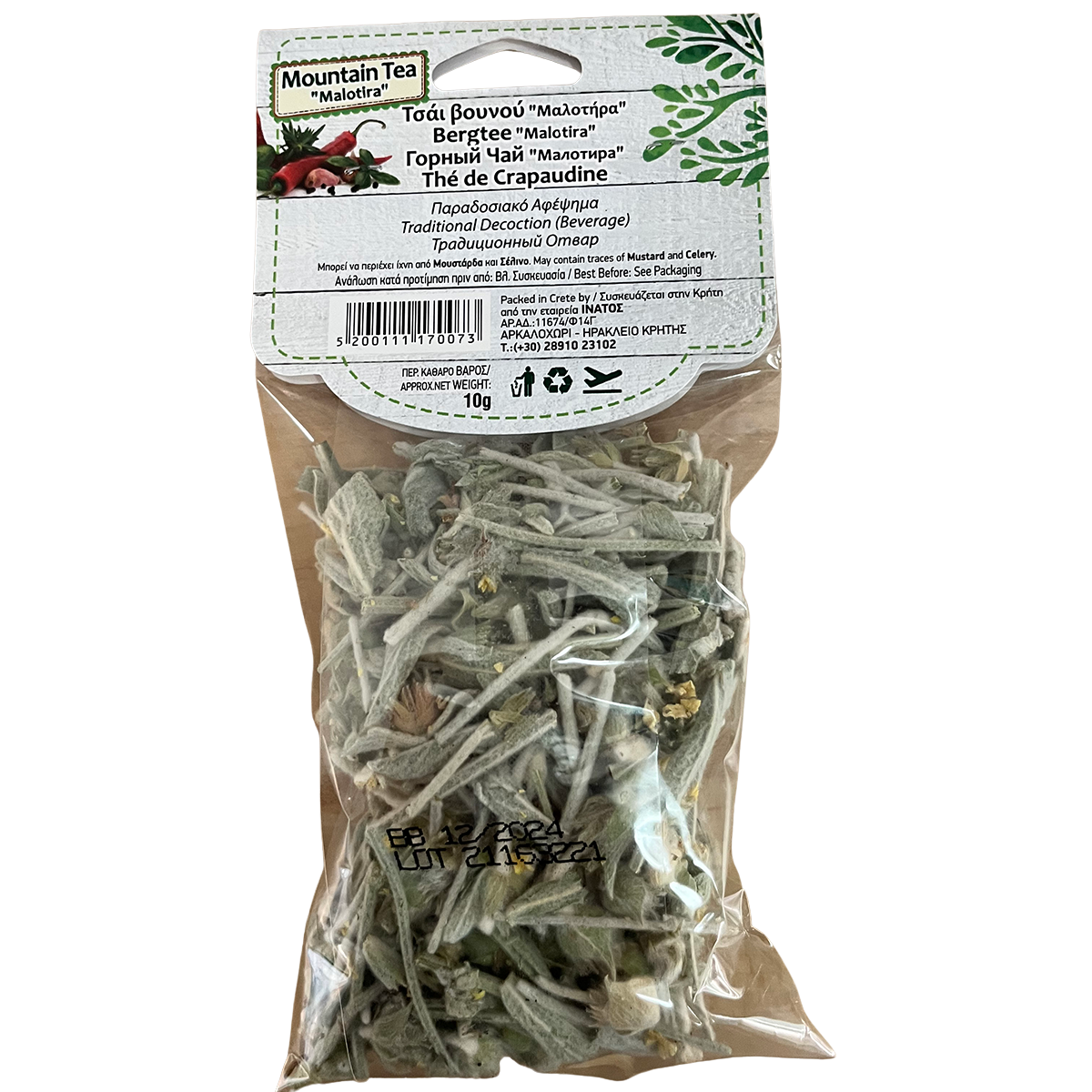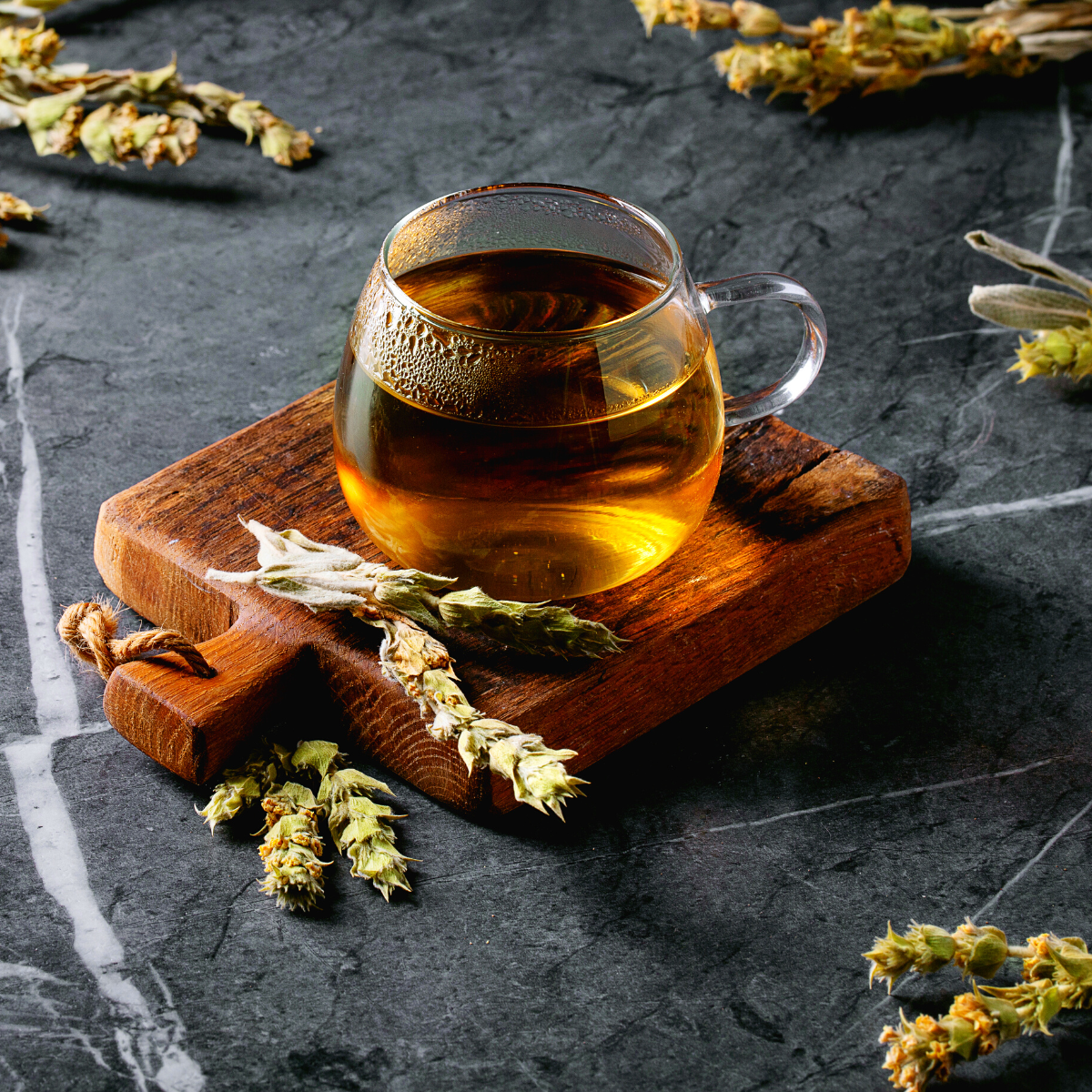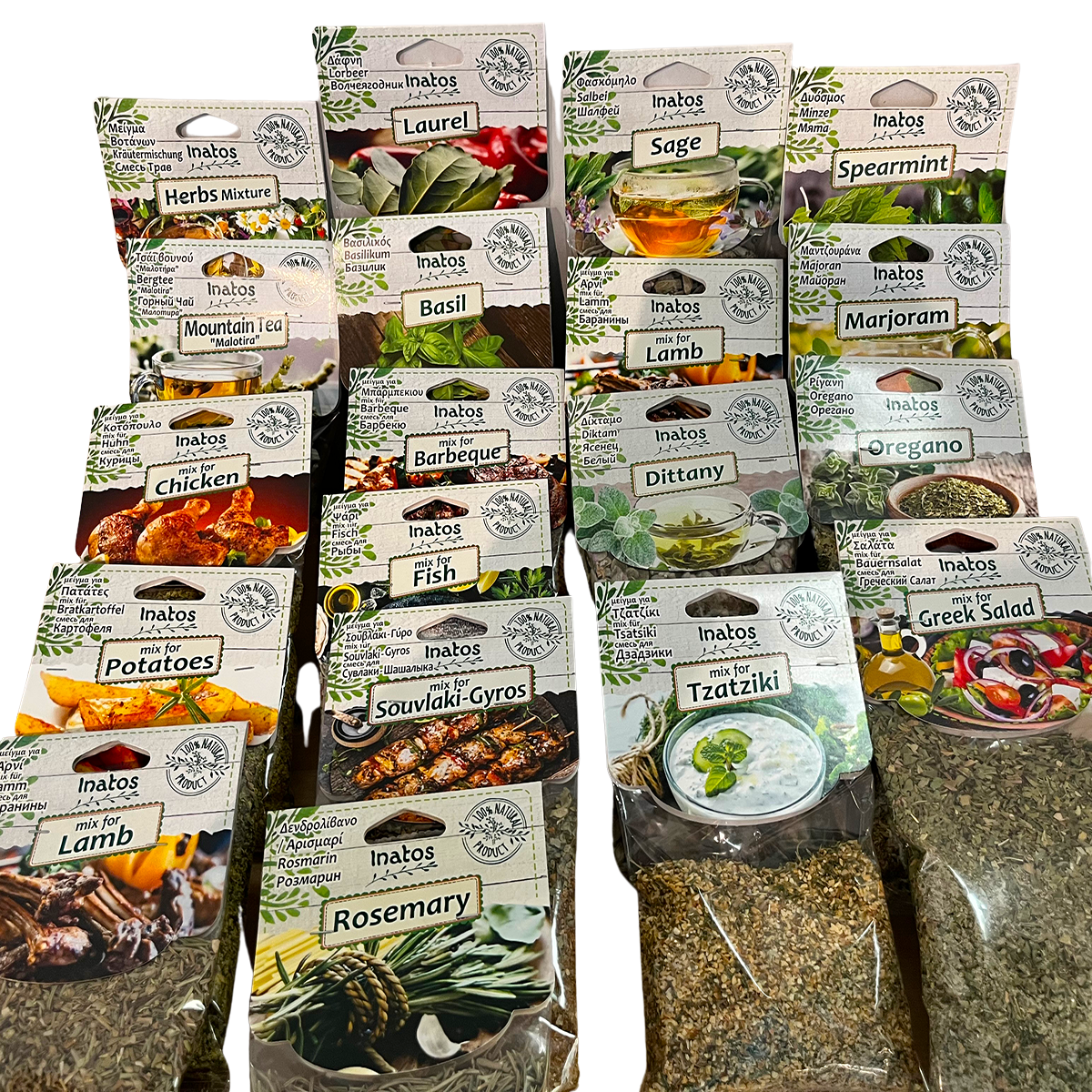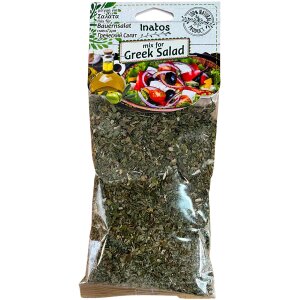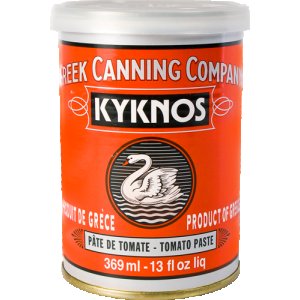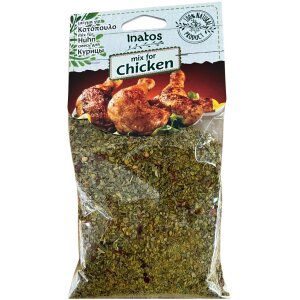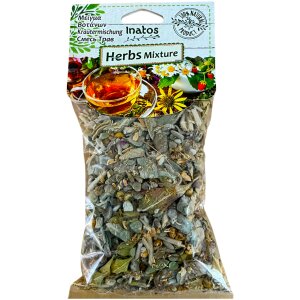Inatos Mountain Tea “Malortia” – 100% Natural
$2.89
Greek Mountain Tea is brewed using the dried flowers, leaves, and stems of the sideritis plant, found in the Mediterranean mountain regions of Greece, which is the largest consumer of mountain tea, as well as in Albania, Bulgaria, and Macedonia.
Description
Inatos Mountain Tea “Malortia”
Mountain tea is a naturally caffeine-free herbal tea made from a single variety of the sideritis plant. Also known as “Shepherd’s Tea” or “Greek Mountain Tea.” Malotira, tsai tou vounou, or Cretan Mountain Tea. With the Latin name of Sideritis syriaca, Malotira tea has been consumed by Cretan natives for generations, dating back to antiquity. It is brewed using the dried flowers, leaves, and stems of the sideritis plant, found in the Mediterranean mountain regions of Greece, which is the largest consumer of mountain tea, as well as in Albania, Bulgaria, and Macedonia.
Ingredients:
Malotira, tsai tou vounou, or Cretan Mountain Tea (Sideritis syriaca)
May contain traces of Celery and Mustard
Healing Benefits:
Malotira has had many applications and purposes over the years, the primary of which is medicine. The European Medical Agency recognizes the Sideritis species as a natural treatment for gastrointestinal problems, colds with coughs, and any inflammation, and Cretan people have used this Mountain Tea for generations for these reasons. The word ‘Malotira’ itself originates from the Latin words ‘male’ and ‘tirare’, which means pushing away illness, proving just how powerful these small plants were considered to be. For medicinal purposes, Cretan Mountain Tea has been consumed as an enjoyable herbal tea for nearly as many years.
Size:
50 grams
Also Available at Parthenon Market, Deli, and Café
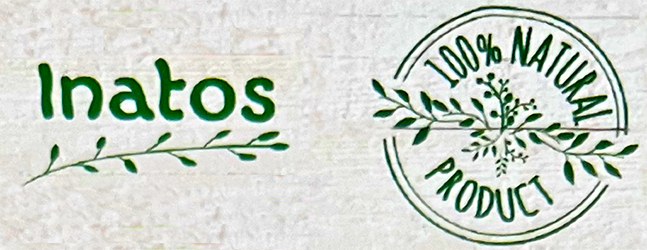
Inatos greek spices are 100% natural.
They are packaged in Crete, however, they are grown all over Greece.
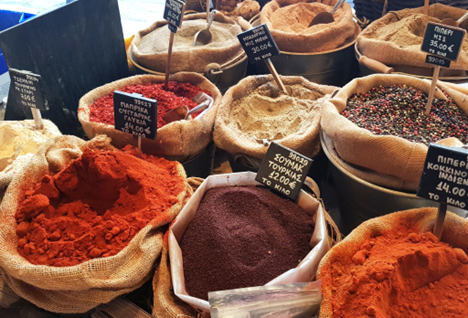

“Herbs were the main ingredient of Greek cooking all the way back to ancient times. Being a natural product of so much variety in the Greek countryside and taking advantage of the ideal climate, they gave the Ancient Greeks the ingredients to flavour their food, as well as the possibility to cure people of diseases. As far as their medical use is concerned, the physician Hippocrates was known for basing the Hippocratic elemental healing system on medicinal herbs, and this system is considered one of the cornerstones of later Western medicine. On the other hand, due to their abundance and simplicity, culinary herbs were widely grown and dried, and their combination with one of the crown jewels of Mediterranean cuisine, olive oil, was commonplace in the preparation of a meal. Sometimes, herbs were also used in some religious ceremonies during the time period.
Some of the main herbs used in Greek cuisine include oregano (known in the classical world for its association with Aphrodite and happiness, whereas today it is considered the king of Greek herbs), thyme, sage, parsley, dill, mint, spearmint, fennel, and many others.
Spices, on their part, were also the main ingredient of an ancient Greek meal, but it is true that the majority of spices used in Greek cookery today can be linked to the millennia of interaction Greece has had with other great civilizations, such as the Romans, the Persians, the Turks, the Arabs and a host of others from all over the world. Today, spices like garlic, onion, cinnamon, cumin, coriander, nutmeg, pepper, paprika, cloves, and sesame constitute an integral part of what makes Greek cuisine so aromatic. A special mention has to be made about greek saffron from Kozani and greek mastic from Chios, both of which have a P.D.O. Designation, are only grown in these specific regions and are regarded as number one worldwide.”
Read the full article by Anna Tzogia here: Aromatic herbs and spices of Greek cuisine!

